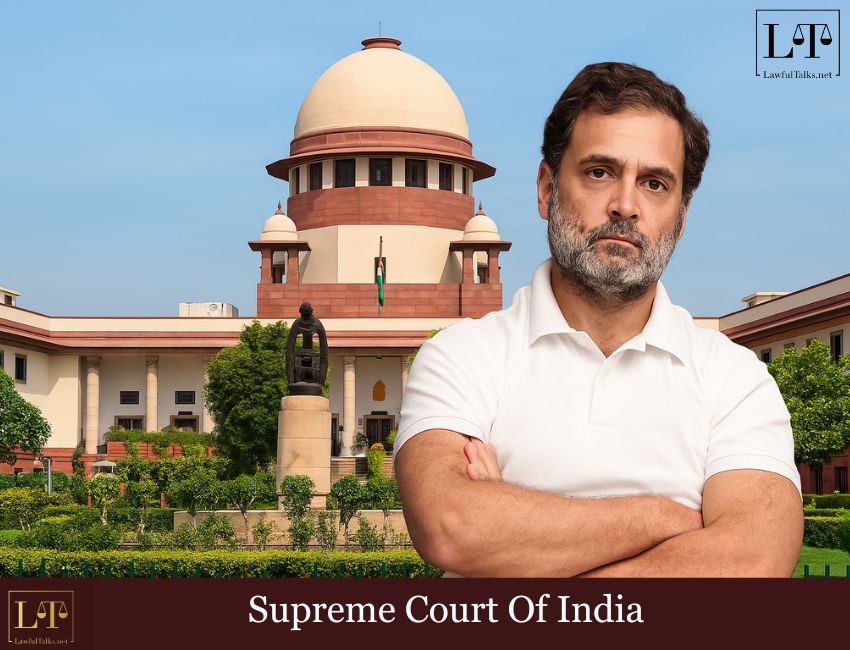Allahabad HC Sets Aside Afzal Ansari's Conviction, Allows Him to Continue as MP

“...If you were a true Indian, you would not say all this.” expressed the Supreme Court bench of Justice Dipankar Datta and Justice AG Masih during the proceedings of the defamation case against Leader of Opposition, Rahul Gandhi over comments made by him about the Indian Army in the context of the 2020 Galwan Valley clash with China.

Although Mr. Gandhi secured interim relief with the bench staying proceedings in the criminal defamation case, the bench expressed strong disapproval of Mr. Gandhi’s claim suggesting that China had occupied 2,000 square kilometres of Indian territory.
"Tell Dr.Singhvi, how do you get to know that 2000 square kilometres of Indian territory were occupied by the Chinese? Were you there? Do you have any credible material? Why do you make these statements without any...If you were a true Indian, you would not say all this."
Senior Advocate Dr. Abhishek Manu Singhvi, appearing for Mr. Gandhi, submitted that if an opposition leader is not permitted to raise such concerns, then it would be an unfortunate situation. He further argued that Mr. Gandhi was striving for transparency while highlighting the suppression of information.
On the above contentions, the bench countered, stating, "Whatever you have to say, why don't you say in the Parliament? Why do you have to say this in the social media posts?"
Dr. Singhvi submitted that although the Petitioner’s remarks could have been worded more carefully, the criminal complaint was merely an attempt to harass him for merely performing his role as an opposition leader by raising pertinent questions.
He further argued that the Magistrate’s act of taking cognisance of the complaint violated Section 223 of the Bharatiya Nagarik Suraksha Sanhita (BNSS), which mandates a prior hearing of the accused before such cognisance. However, the bench pointed out that this argument was not raised before the High Court.
Dr. Singhvi acknowledged this procedural lapse, clarifying that the challenge in the High Court primarily centred on the locus standi of the complainant. He questioned the High Court’s conclusion that the complainant, though not a “person aggrieved,” could nonetheless be treated as a “person defamed.”
Ultimately, the bench agreed to consider these contentions and issued notice on Mr. Gandhi’s Special Leave Petition challenging the Allahabad High Court’s refusal to quash the proceedings and granted an interim stay of three weeks.
Case Title: Rahul Gandhi V State Of U.P. And Anr., Diary No. 31445-2025

Akshaj Joshi
Law Student
Latest Posts
Categories
- International News 19 Posts
- Supreme Court 390 Posts
- High Courts 383 Posts



















































































































































































































































































































































































































































































































































































































































































































































































































